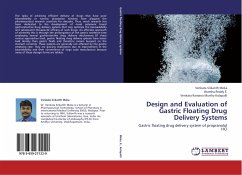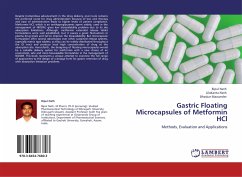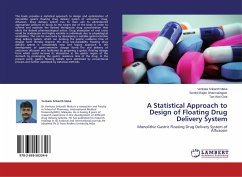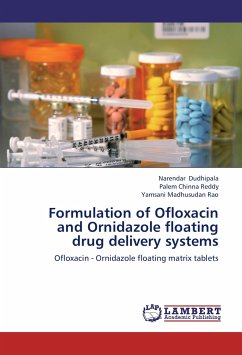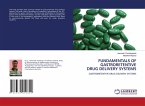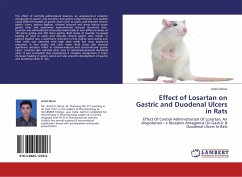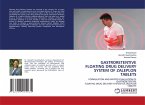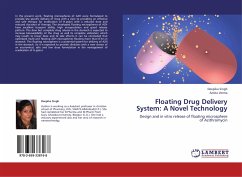The tasks of achieving efficient delivery of drugs that have poor bioavailability or narrow absorption window have plagued the pharmaceutical research scientists for decades. Thus, much research has been dedicated to the development of novel polymeric based gastroretentive drug delivery systems that may optimize the bioavailability and subsequent therapeutic efficacy of such drugs. An effective approach of achieving this is through the prolongation of the gastric residence time employing several gastroretentive drug delivery mechanisms. Of these various approaches tried, gastric floating drug delivery systems have lower bulk density than gastric fluids and therefore remain buoyant on the stomach contents. These systems are generally not affected by the gastric emptying rate. They are gaining importance due to improvement in the bioavailability and their convenience of large scale manufacture because many of these dosage forms are tablets.
Bitte wählen Sie Ihr Anliegen aus.
Rechnungen
Retourenschein anfordern
Bestellstatus
Storno

